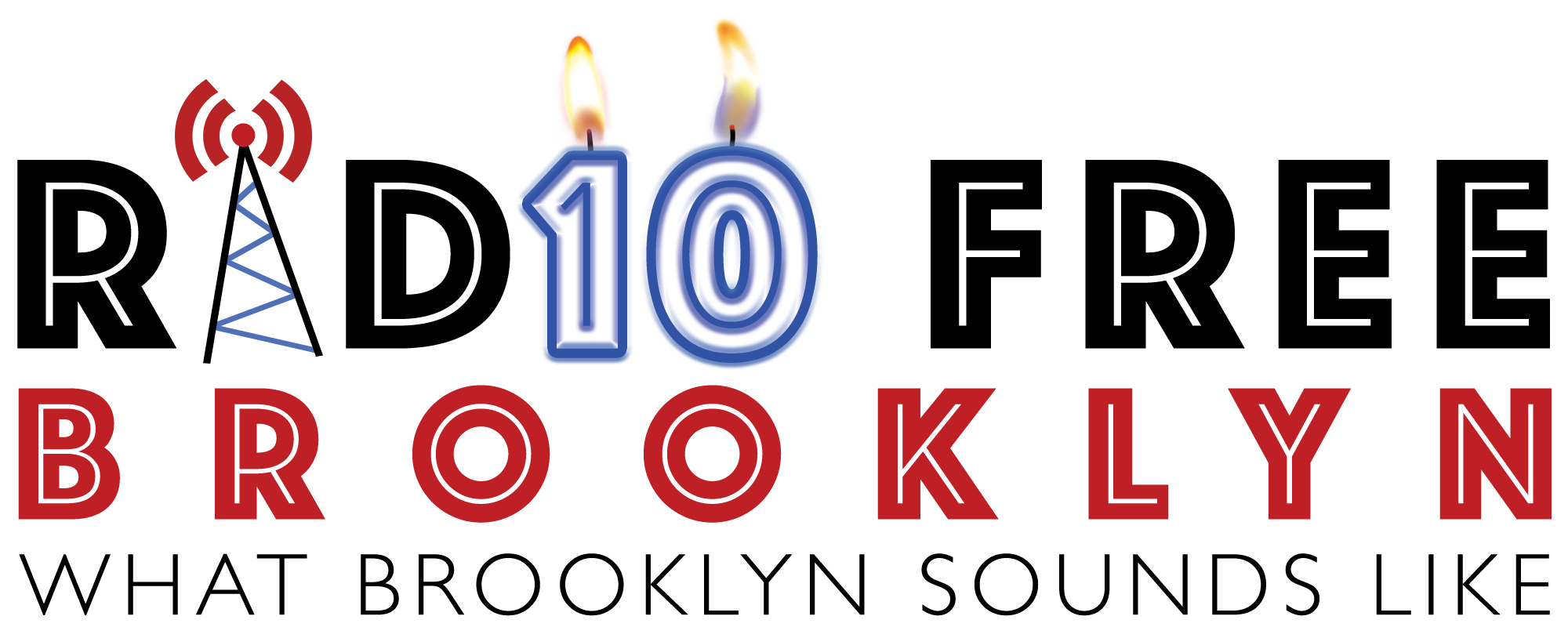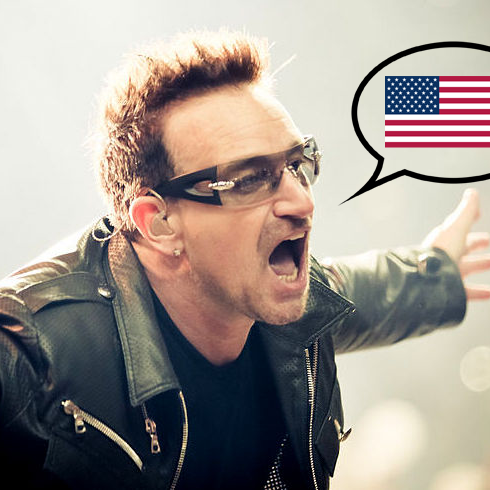Have you ever wondered why pop music around the world sounds the same? Not necessarily musically, but vocally. Pop music sung in English is most frequently sung in an American accent. It’s usually a neutral American English accent but can also be drawled, nasal-ed, or twanged while still sounding distinctly American, regardless of the sound of the singer’s speaking voice. Adele’s Cockney accent, Natalie Imbruglia’s Australian accent, Shirley Manson’s Scottish accent, and Bono’s Irish accent… all disappear when they start singing. Why does this happen?
There are two likely answers, one cultural and one technical. American blues and soul singers heavily influenced the British artists that invaded America in the ’60s. For example, the Beatles lost their Liverpool accents when they sang because they grew up listening to American singing and copied that sound. Their music has influenced every pop artist since. The members of Abba famously didn’t speak English when they started, learning their songs phonetically so they could be sung in English. They wanted to access the global market and to do so, they had to sing in a style that would appeal to the largest audience.
The other reason songs sung in English sound American is the nature of music itself. Vocals are tied to the music, and sung words are pronounced to fit the music. Vowel sounds, in particular, are often elongated in an American style. When sung, the British or Australian short “A” spoken sound becomes an American long “A.” The clipped Northern English “O” sound (think of how the words “home” or “tough” sound in a Northern English accent) gets flattened out to a long “O” sound when sung. The reason for this approach is most likely again for broader appeal.
The US has a population three times the size of the UK, Ireland, and Australia combined and is the largest market in the English-speaking world. It makes sense that artists who sing in English want to be successful with Americans and thus want to sound more American. And success breeds imitators, causing future artists to want to sound American, etc. We’ve reached a point where, as a culture, singing in English with an American accent has become de rigueur. This isn’t always the case, of course; the emergence of punk in the 70s was anti-establishment, and the Britpop subgenre of the late 80s and early 90s was, in part, a refutation of American cultural hegemony and an emphasis on being British. Singers from both movements emphasized their British accents while singing. And British hip-hop artists retain their British accent while rapping – most notably Slick Rick – since rapping is much closer to speaking than singing.
Does all this mean that non-Americans must sing in an American English accent to succeed? No, but it has become the standard sound in pop music over the past 70 years. And it will remain the standard as long as American media culture retains its global dominance.
Photo: Peter Neill, CC BY 2.0, via Wikimedia Commons




